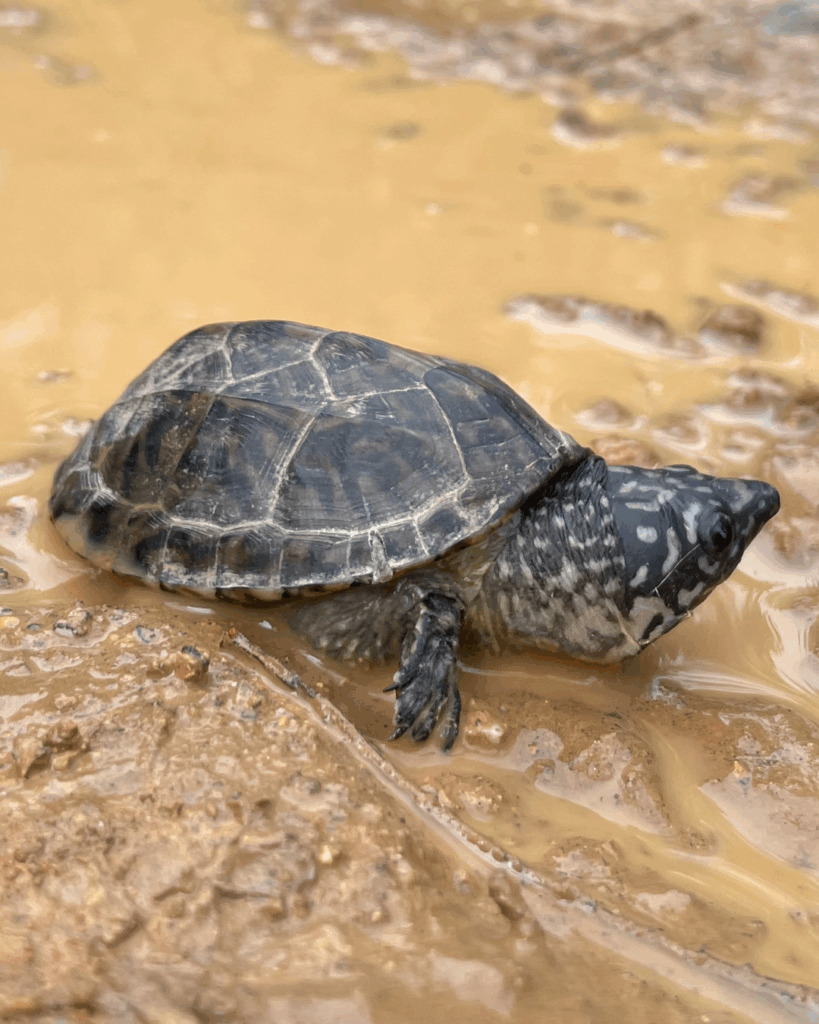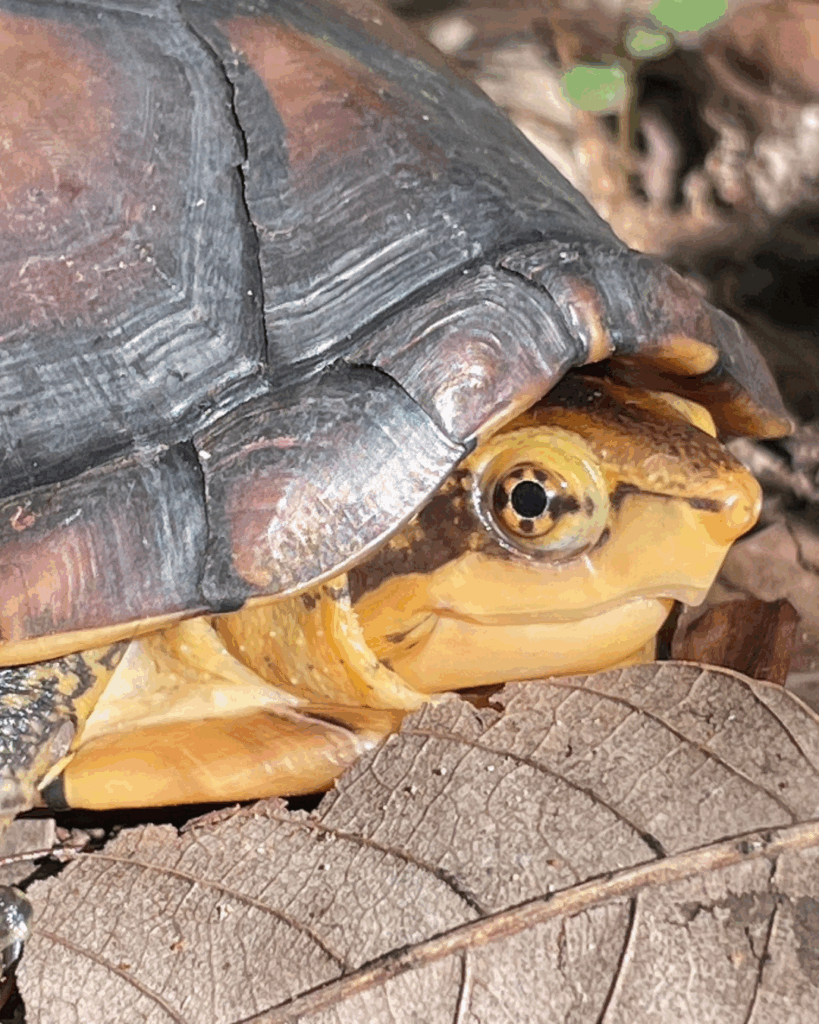Central America is a turtle-rich area with untold biological complexities and stories waiting to be discovered. We’ve planned or launched projects throughout this region to support many understudied freshwater turtle species–including Mexico, Belize, Costa Rica, and more. As part of our Central American focus, we’ve been supporting work in Guatemala in partnership with Philadelphia Zoo, Gladys Porter Zoo, Turtle Conservation Fund, and Chelonian Research Foundation. We are pleased to support the following researchers for this critical work:
- Lauren Augustine, Philadelphia Zoo
- Valerie Corado Garcia, Universidad del Valle de Guatemala
- Diana Velásquez, Unidad para el Conocimiento, Uso y Valoración de la Biodiversidad, University of San Carlos of Guatemala
- Chris Bednarski, Gladys Porter Zoo
This multi-institutional team has delved into the population ecology, health, and distributions of Kinosternids found in Guatemala. By conducting surveys, collecting health samples, and performing genetic testing, we are using data driven methods to guide our conservation strategy for these understudied turtle species. Furthermore, the genetic samples collected are aiding in what we know about the species presence and distribution in Guatemala.






Progress for this program is well underway. At the 23rd Annual Symposium on the Conservation and Biology of Tortoises and Freshwater Turtles, these researchers presented “Investigations into the Range and Population Dynamics of Five Species of Kinosternids in Guatemala” during our sessions. The surveys conducted so far have already begun to reveal key data that will contribute to conservation strategies for the turtles in this region. The team has sampled 441 turtles representing ten species and collected 320 blood samples for genetic evaluation by Turtle Survival Alliance Director of Conservation Genetics, Natalia Gallego-García. Another key component to this work is to assess the threats to wild populations, including habitat degradation and disease prevalence. Thanks to a collaboration with the Epidemiology Lab at the University of Illinois, swabs for infectious diseases are being analyzed to reveal important information about the health of wild populations. This, in combination with important ecosystem data can help researchers identify and mitigate threats.
Next month, the research team returns to Guatemala for further sampling. Supporting researchers in the field is a key component to the science-based conservation work that Turtle Survival Alliance champions to fulfill our mission. Stay tuned for an update on the work in Guatemala after the next survey. Like turtles, this work is slow and steady, but necessary and critical to keeping species thriving in the wild.
